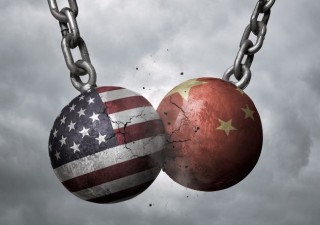Supreme Court Agrees to Hear Patent Troll Cases
21 October 2013

The United States Supreme Court has agreed to hear two appeals that could make it easier for those targeted by patent trolls to collect attorneys’ fees.
On October 1, 2013, the Court granted writs of certiorari in two patent cases from the Court of Appeals for the Federal Circuit. Octane Fitness is seeking US$1.3 million in fees after successfully defending a patent suit over exercise equipment, while insurance company Highmark is seeking US$5 million in fees after defending its patent.
Defendants in patent suits in the US have long held the position that fee awards are needed to stem an increasing number of lawsuits by nonpracticing entities (NPEs). An August 2013 report by the US Government Accountability Office (GAO) reported that, in 2011, NPEs accounted for 24% of all patent lawsuits, and 19% of all such suits between 2007 and 2011, but other groups say the number is much higher. (The GAO refers to NPEs as Patent Monetization Entities, or PMEs.)
“With the average patent case costing millions of dollars to litigate, the threat of paying the prevailing party’s attorney’s fees is a powerful deterrent to frivolous claims and litigation mischief,” a Washington-based trade group knowns as the Blue Cross and Blue Shield Association, argued as it urged the Supreme Court to hear the Highmark appeal in Highmark Inc. v. Allcare Health Management.
After a multi-year battle – and millions of dollars in legal costs – Highmark won on summary judgment. Highmark was then granted attorney fees from Allcare by the trial court, but the award was then reversed by the Federal Circuit with no deference given to the district court’s finding. The court then ruled that at least some aspects of the case were non-frivolous. Highmark has sought a ruling on whether a district court’s findings should receive deference.
In Octane Fitness v. Icon Health & Fitness, the court will be asked to determine what the term “in exceptional cases” means. While the US Patent Act allows fees to be awarded “in exceptional cases,” Octane argues that the US Court of Appeals for the Federal Circuit has developed what it calls “a rigid and virtually insurmountable test” for meeting that language.
Both cases are expected to be heard in early 2014.






